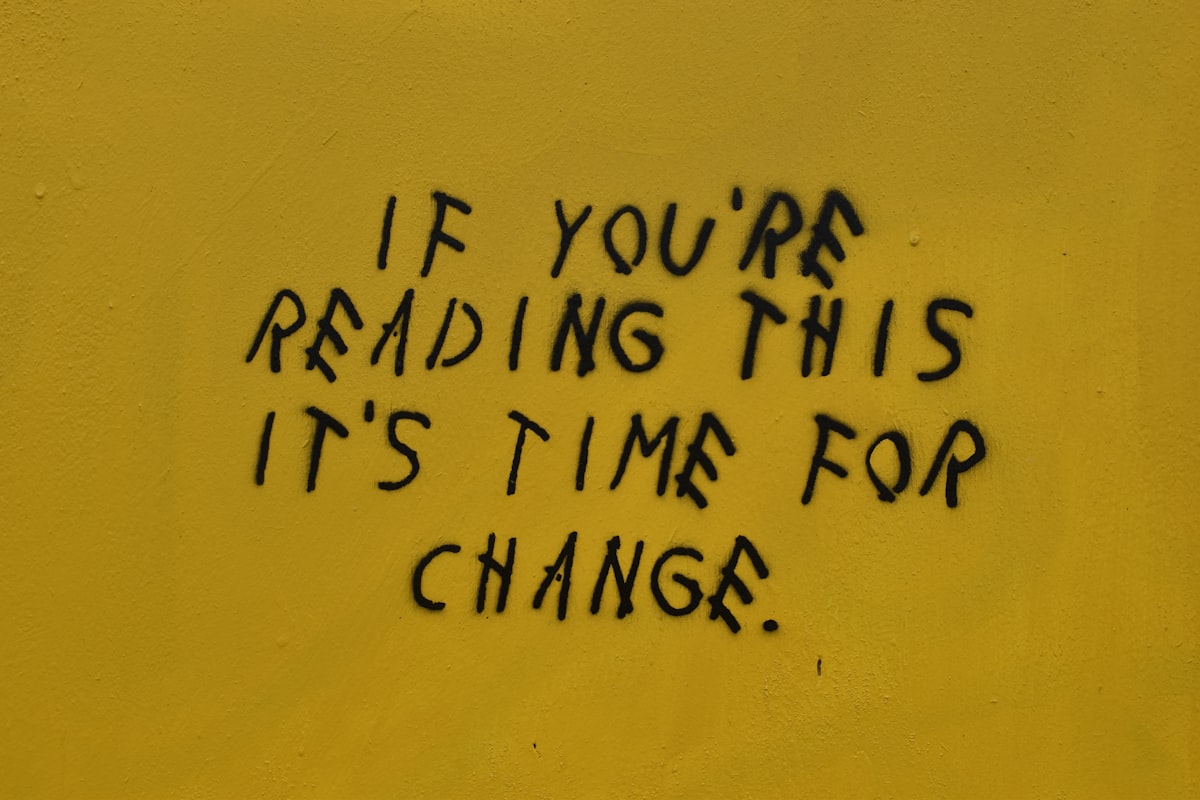Authors don't sell books
They don't sell reader relationships or personal brands, either.

Authors still act like they're in the book-selling business
In the book-selling business, your business model is selling one "unit" in exchange for a fixed price.
Used to be that the unit was a physical book. Now it's physical books, e-books, and audiobooks.
While the more savvy are getting into the subscription and membership businesses...
The transaction hasn't fundamentally changed with the new media.
One unit, one price, one sale.
You may as well be selling soap.
That one false belief cascades into progressively worse and more harmful false beliefs.
The logic goes like this.
If I have to sell books, then I best show up and ask for the sale.
And if my goal is to ask for the sale, then I better show up in as many places as I can with a hard sales pitch.
Which is why you can't use Writing Twitter without a feed full of spam pitching a book you don't care about from a writer you've never heard of.
The book-selling business model leads to desperation marketing.
The logic is inescapable.
Fortunately, there's a way out of that trap.
If you can break out of the cycle of false beliefs
But everybody's selling everywhere and it's so hard and people are cheap and...
No kidding.
You aren't helping yourself by treating your writing business like a side-hobby.
Business. Pay attention to that word.
Study it. Learn it. Get interested in it.
You can say a lot about the business side of the writing world, and most writers, frankly, make this needlessly hard on themselves.
You get back from "business" what you put into it.
What do you think, feel, and do about business?
Hate it, depise it, treat it as a chore and a necessary evil, and how do you expect it to appear in you life?
Like a hated, despised chore, that's how.
The problem is not with "business". Not with marketing. Not with self-promotion.
The responsibility belongs in one and only place.
On you.
Forget the lists of "best practices"...
The endless "how to" articles that repeat the same stuff you've heard 3,645 times already...
Yes, you already know to "create a lead magnet" and "write a blog".
Reading the next piece of clickbait hustle on the Medium dot com telling you how to do Content Marketing 101 won't make you any better off.
No kidding, nobody wants to read your once-a-month newsletter about your dog and some books you read and how hard it is for you to write, golly gee whiz!
Adding a limp-wristed sales pitch to the end of an email newsletter that nobody reads isn't earning you any new readers.
Forget all that trash and focus on the little hinges that swing the big doors.
Buyers buy for one reason
You aren't selling books.
You aren't selling stories.
You aren't selling writing at all.
You aren't even selling yourself... although that's getting closer.
There's an old saying in the marketing world. Nobody buys a drill, they buy a hole in the wall.
Why do they want a hole in the wall? So they can hang up pictures of the kids.
That tidy parable reveals a little-known fact about customer buying. The deliverable that they purchase is not what they are buying.
You best believe that authors, even authors of fiction, can make soup from those bones.
Forget "can". In today's hyper-competitive world, it's a "must".
Don't think about your business as "selling books" or "storytelling".
That's asking about your drills. Nobody cares about your drill. They want the hole.
What hole are you selling?
What helps them get the family photos on the wall?
Is it "building relationships"?
Building relationships with your readers is important in the right context. All that advice you hear about sharing your life and being friends with your readers
It needs to be framed the right way, or else you get the Boomer Newsletter which comes once a month, so as not to irritate the readers (because I wouldn't like to get emails more than that), and rambles on for 2000 words about the writer's boring life.
Nobody's reading that. If they even remember who you are or why they opted in to your mailing list, they're not wading through your self-indulgent list of complaints.
And when nobody reads that, the response is "newsletters don't work, I know, I tried them".
No way.
Get lost. Take that failure attitude with you.
The proper response is to get curious and intensely research what does make for a good, effective newsletter.
What you tried was writing a bad newsletter, curated to your selfish tastes instead of (a) what is known to work thanks to piles of data from email marketers and (b) what your readers want to read and how they want to read it.
Foolishness.
Anyway, as important as the relationship is, it has to come second to the real purpose.
People buy books to experience a transformation
This is easy (relatively) to understand if you're selling "how-to" products to a market with specific wants and needs.
There's a clear path from buying a drill to get a hole to get the pictures hung up on the wall and make the room look nice for when you have people over.
It's harder to conceive of fiction as a transformation... though if you look at it the right way that's exactly what you're offering.
It might be a status transformation.
Most of those people who buy the latest trendy bestsellers, posing them on the bookshelves in clear view for every Zoom call, will never get to page one.
But having that book front and center says a whole lot about your status and identity. The kids call it "virtue signaling".
Now if we're talking to readers, the people who are going to read and expect to enjoy your stories... well, readers buy for status and identity as well. I have decent editions of Dune, Foundation, and Hyperion on my bookshelves because I like and enjoy science fiction and space opera.
It isn't all about signaling.
Where's the transformation?
You can look at the story itself as a vehicle for transformation.
The twin arcs of plot and the journey(s) of the character(s) creates that emotional roller-coaster we all love as we follow the tale to its conclusion.
You read Chandler, Koontz, John D. MacDonald, or Jim Thompson because you want a certain emotional texture. You pick up Frank Herbert for another, Robert E. Howard for yet another.
Romance and YA books get you something still different, but I don't care about those stories so I don't have anything to say about them.
Fraught as the Hero's Journey may be, leading your protagonist from life as a simple farmhand longing for more out into the great wild spaces of adventure does provide a neat and tidy way to visualize the "greased slide" that draws a reader into your world.
All that brings us around to the real transformation that you get with "simple entertainment".
Imagine your reader before they read your story...
Then see your reader after they read your story.
What's the difference?
What happened in the middle? What change happened in your reader? What made that change happen?
The answer wraps up everything else in this article. What do they want? What do they need? What are they REALLY looking for when they pick up your book to spend a free hour of their time with your imagination?
Covers, genre, and relationships get them to read your book.
The experience they have while reading your book is what they're after.
There's a before, and there's an after.
Nail this and everything else follows.
You aren't selling books... you're selling a vision of life after they read your story
By the way – If you liked this article, you'll get to read all the member-only posts if you join us.
Want to leave a comment? You'll need to join us on the inside with a bonus perk for members.
You get to be a part of the private rogue planet community. Leave your thoughts and hang out with other SFF Heretics on the inside, away from the screaming mess of Twitter and the privacy-thieving jumble of Facebook.
There's no charge (yet) to become a member, so click here and join now.

